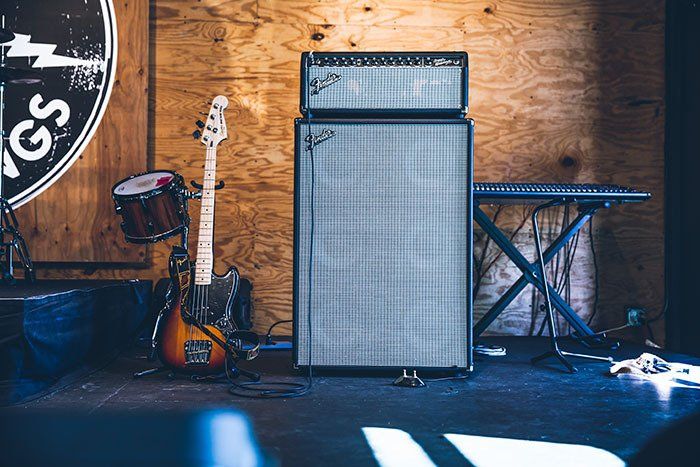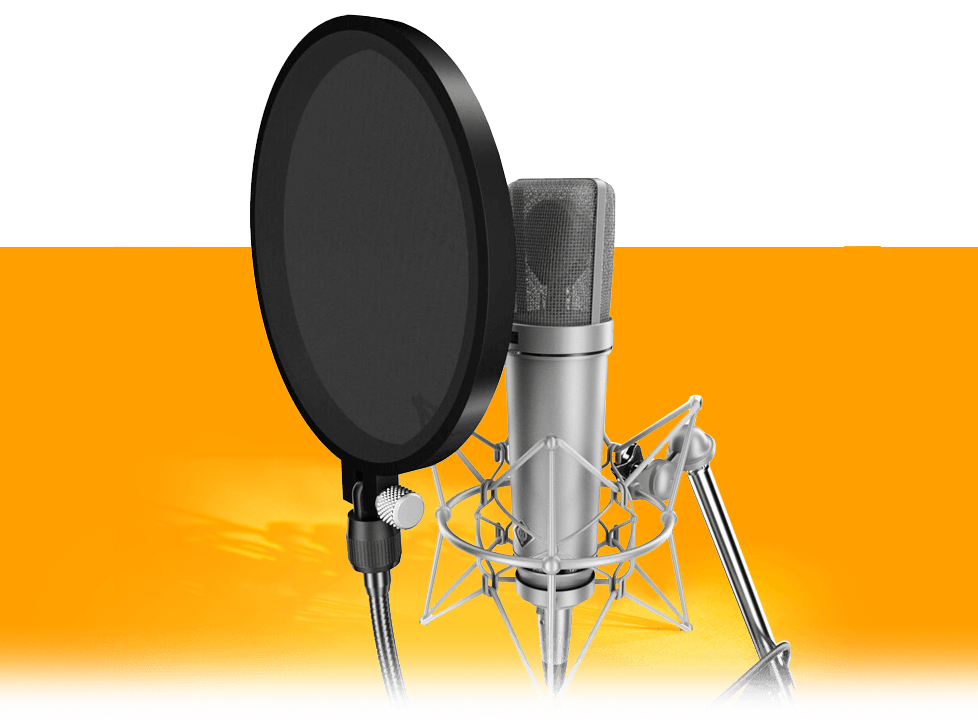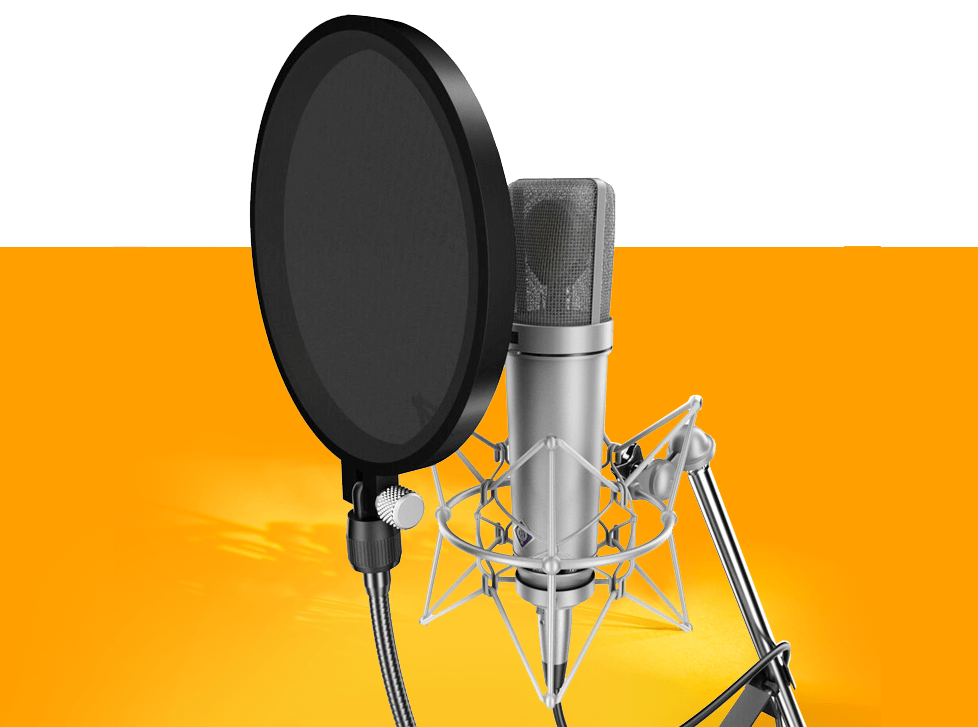Here’s How Much You Can Make as An Audio Engineer
Jeremy Alves | November 29, 2018
Tips and tricks on how you can make more money than you ever thought
Audio Engineers are a well sought after job for enthusiasts interested in a career path in music. An audio engineer is someone who mixes, records or masters music in a professional setting, either for recordings or in a live setting. There is a use for audio engineers is almost every facet of the media industry, including television, theatre, film, live concerts and most notable for music recording.
There’s no set path of employment when it comes to being a sound engineer. Some work as full time employees at radio stations, TV studios or recording studios while others might be hired on a part-time / contract basis. In the recording industry, some smaller-time audio engineers work on an hourly basis by project. In that case they may have an association with a particular studio, and book studio time for projects individually. In those cases, audio engineers would have to bake in the cost of renting studio space into their hourly / project costs, or ask that the employer such as a band or studio pay for those costs separately.
If you are interested in a career in one of these areas, then you might be wondering how much can you expect to make.
Just like being a writer, how much you get paid depends on where you are working, what segment of the industry you work for and your experience.

According to 2017 Bureau of Labour Statistics, Broadcast and Sound Engineering Technicians typically make $42,650 per year on average. That’s works out to be just a little over $20 an hour.
Comparatively speaking, Canada isn’t far off in terms of salary. According to PayScale, Canadian Audio Engineers make an average of $24.56 an hour, equating to roughly $50,000 a year. Converted to USD, you’d be making close to $38,000 per year.
Future audio engineering prospects should know that the industry is on an upwards trend. Projected 2026 numbers estimate the industry will see an 8% growth. That means in less than ten years, the median pay average will reach $46,062.
Location, Location, Location
In the United States, there are areas where it is more profitable and less profitable to be an audio engineer. Engineers are more likely to land a job and make a better salary in areas where the TV, film and recording industries are more active.
In the U.S. the states that are the most fertile for audio engineer jobs are California, New York, Florida, Texas and New Jersey in that order. Tennessee, Georgia, Illinois and Virginia also have booming AE roles.
Right now, in the United States alone where are over 130,000 active audio engineers. Between 2016 and 2017, 10,700 new engineers entered the industry and are actively working.
Profitable Places
In terms of salary expectations, both the East and West coasts have the highest paying salaries. The opposite can said for interior states. Louisiana surprisingly has the highest paying median salary, coming in at $90,640. That’s almost $10,000 more than the second highest-paying state, Connecticut which lands at $80,890 per year. Next in line for highest paying states are California, New York and Washington. At the bottom of the barrel, Minnesota, Oklahoma, Arkansas, Ohio and Pennsylvania have the lowest median income, ranging from $27,00 to $44,000.

Education
Most audio engineers have some sort of post-secondary education like a bachelor’s degree or diploma. While it is not a requirement, audio engineering is unlike mechanical engineering or biological engineering in that some industry professionals can have only a high school diploma to succeed.
Many audio engineers graduate with an associate’s degree before they go off to start their careers. Unlike other types of engineering, going off to school to become an audio engineering is not nearly as time consuming. Programs like OIART’s Audio Engineering program can have students up and running as professional audio engineers in a matter of 11 months.
What level of education you end up with may be determined by two things: where you want to work, and the type of learner you are.
While it’s not always the case, some jobs require applicants to have a specific level of post-secondary education in order to apply. In some cases, employers look for people who have experience working behind mixing boards in a professional capacity. For example, a live TV studio audio engineer would be expected to have spent time behind a live mixer and to have adequate training of working in a fast-paced workplace. Few have access to top of the line, industry-standard equipment that would be available in post-secondary programs like OIART. Education programs are necessary for many who aren’t great at home-schooling. While there are many resources available online these days, some require the sort of hands-on training by industry professionals schools offer rather than learning by one’s self.
Whether or not you go the post-secondary education route or not, your commitment to learning as an audio engineer is never over. As technology is constantly changing and mixing / recording equipment gets better, so too does its complexity. The best of the industry are constantly learning and educating themselves through online training, books, and certifications. The latter are great for the resume, and add value to your as an asset to potential employers.
Ready to Start?
OIART's Audio Program Includes:
✓ Small Class Sizes
✓ On Site Facilities
✓ Industry Leading Instructors
✓ Post Grad Support & Guidance
✓ Exclusive 11 Month Program
Top Reasons Why You Should Choose OIART.
Have Questions?
If you have questions about our audio engineering and music production program or would like to book a tour, we would be pleased to speak with you.
Text Us: 519.200.4151
Share This With a Fellow Music Lover
Apply in 4 Steps!
Step 1: Click apply now.
Step 2: Answer 8 questions about yourself.
Step 3: Upload supporting documents.
Step 4: That's it! You are done.
Share this with fellow music lovers


